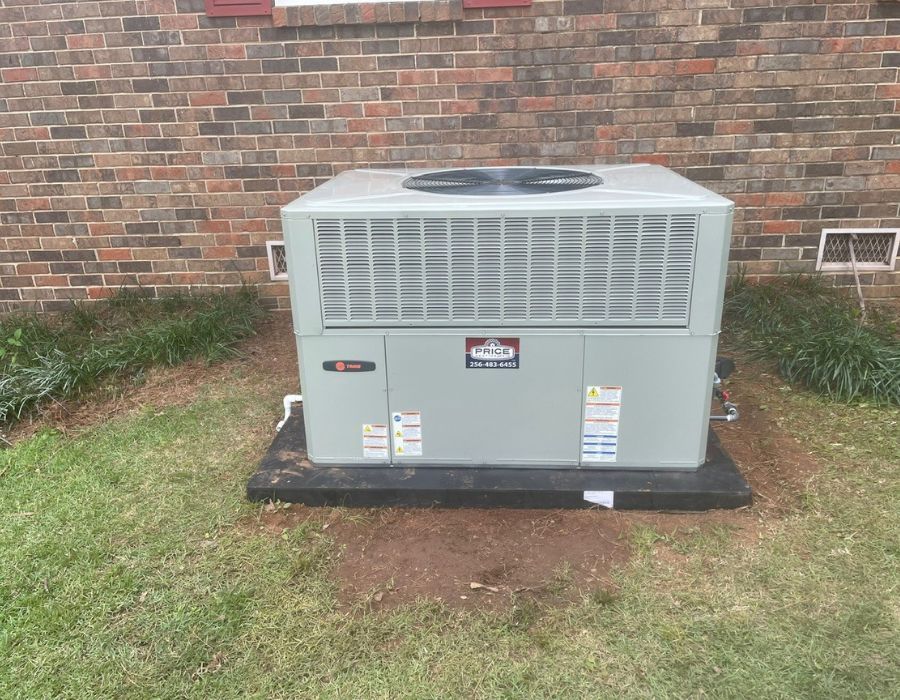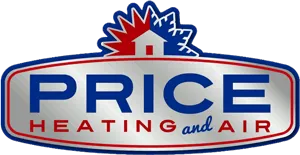What is the Most Common Part That Fails in an AC Unit?

Table of Contents
ToggleThe Answer: AC Capacitor Failure
The most common part to fail on an AC unit is the AC capacitor. This small but crucial component is responsible for jumpstarting the motor and keeping your unit functioning efficiently. Capacitors store and release energy, powering various components like the compressor, blower, and condenser fan. When they fail, the whole system may not work properly or stop working entirely. Given that the air conditioning system operates based on well-coordinated parts, the failure of a capacitor can cause substantial issues, affecting cooling efficiency and indoor air quality.
For households that have recently had carpet cleaning done, the importance of a working capacitor is even more significant. High humidity levels from wet carpets can stress the AC unit, making it run longer than usual. With a faulty capacitor, your AC struggles to handle such extended operation, especially when it’s trying to manage extra moisture in the air. This can lead to rapid capacitor burnout, more frequent AC repair calls, and ultimately a higher cost in HVAC maintenance. If you’re noticing uneven cooling or the unit failing to turn on, it could be a sign of capacitor failure.
Signs Your AC Capacitor May Be Failing
Recognizing the symptoms of capacitor failure can prevent more costly AC repairs and improve the longevity of your AC unit. Here are signs to watch for:
- Frequent AC shutoffs: If your air conditioner shuts off suddenly, it may be due to a failing capacitor that can’t sustain the energy needed.
- Weak airflow: A weak motor, often due to capacitor issues, reduces airflow, making cooling inefficient.
- Warm air output: When the AC blows warm air, it’s often a signal that the capacitor, compressor, or motor needs attention.
If these symptoms occur, scheduling an AC repair service with Price Heating and Air can ensure early intervention. Capacitor issues, if left unchecked, can cause cascading problems, leading to compressor or fan motor damage.
For more details on the importance of a working AC capacitor, consider referring to HVAC industry resources like energy.gov, which covers how cooling and ventilation systems rely on component performance to maintain efficiency.
Other Common AC Parts That Can Fail and Affect Indoor Air Quality
Beyond the capacitor, several other AC components are prone to failure and may affect indoor air quality, especially after activities like carpet cleaning. Here are some other parts to keep an eye on:
Compressor
- Function: The compressor is the core of the AC system, as it compresses refrigerant, turning it into high-pressure gas and enabling effective cooling.
- Common Issues: Over time, the compressor may experience issues like overheating, refrigerant leaks, and mechanical wear, which reduce its lifespan.
- Tip: Regular servicing and monitoring of refrigerant levels can prevent compressor strain. After carpet cleaning, excess humidity can make the AC unit work harder, stressing the compressor. By maintaining the compressor, you keep the unit prepared for high-demand situations.
Regular compressor checks with Price Heating and Air can catch small issues before they escalate into major HVAC repairs. Many homeowners overlook compressor health, only realizing it when a full AC repair is needed.
Evaporator Coils
- Function: Evaporator coils absorb heat from indoor air, cooling it down before circulating it back into your home.
- Common Issues: Coils are prone to issues like corrosion and dirt build-up, which impact cooling efficiency. Dirty coils also make the AC work harder to maintain set temperatures.
- Tip: Clean the coils at least once per year to ensure they work efficiently. During carpet cleaning, dust and debris may get stirred up, further affecting coil performance. Price Heating and Air offers AC maintenance plans that include evaporator coil cleaning, keeping your system ready for any environmental challenges.
Air Filter
- Function: Air filters keep dust, pollutants, and allergens out of the AC system.
- Common Issues: Clogging is the primary problem with air filters, as it restricts airflow, reduces efficiency, and impacts indoor air quality.
- Tip: Regularly changing your air filter is one of the easiest ways to prevent these issues. After a deep carpet cleaning, changing the air filter can ensure no extra dust particles reduce airflow.
Keeping filters clean also boosts indoor air quality, especially important for those sensitive to allergens. Regular filter changes are recommended by Price Heating and Air to keep your system performing optimally.
Preventative Tips to Extend AC Life After Carpet Cleaning
Maintaining a consistent schedule for your AC’s maintenance can make a big difference in your unit’s longevity, particularly after carpet cleaning when moisture levels increase. Here are some ways to help:
- Control Humidity: After cleaning carpets, use a dehumidifier to counter excess moisture in the air. High humidity can make your AC unit work harder than usual.
- Raise the Thermostat Slightly: Increase the thermostat by a few degrees after carpet cleaning. This prevents the AC from overworking.
- Schedule Regular Checkups: Routine inspections by Price Heating and Air can help identify issues early, ensuring your AC is prepared for high-humidity environments.
Industry studies show that units with regular maintenance last longer and perform better than those left unchecked. To learn more about the benefits of preventative maintenance, refer to sources like ASHRAE (American Society of Heating, Refrigerating, and Air-Conditioning Engineers), which emphasize the importance of upkeep for longevity and efficiency.
Final Thoughts
Understanding which parts of your AC unit are prone to failure, and taking steps to address these issues, can save you time and money in the long run. While the capacitor is the most common part to fail in an AC unit, other components like the compressor, evaporator coils, and air filter play critical roles in your air conditioning system’s overall health. With activities like carpet cleaning introducing additional humidity and debris into your environment, your AC unit needs regular checkups to handle these added stressors.
Price Heating and Air offers expert AC repair and maintenance services to keep your AC in top shape throughout the year. Whether it’s a capacitor replacement, a coil cleaning, or a full inspection, their experienced team can ensure your AC unit is ready to provide efficient and reliable cooling. Call them today to schedule an inspection.
FAQs
How often should I replace my AC capacitor?
Capacitors generally last 5-7 years, depending on usage. Regular checkups by Price Heating and Air can help monitor their condition and avoid unexpected failures.
How can I tell if my compressor is failing?
Signs of compressor failure include loud noises, warm air output, and refrigerant leaks. If you notice these issues, consider a consultation with Price Heating and Air for your AC repairs.
H0w Often Should I have my AC Serviced?
It’s recommended to have your AC system serviced at least once a year, ideally before the summer months, to ensure optimal performance and efficiency.
